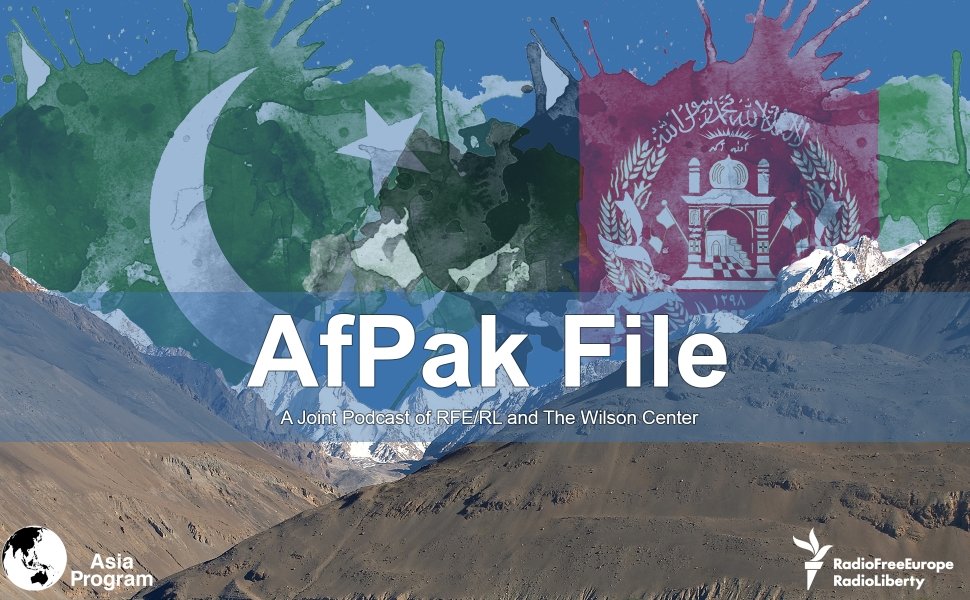AfPak File: Assessing The Taliban’s Record On Women’s Rights


This past Tuesday, International Women’s Day, Taliban spokesman Zabihullah Mujahid tweeted that the day provided “a great opportunity for our Afghan women to demand their legitimate rights.” Observers viewed this comment as ironic, given that the Taliban are known for repeatedly denying rights to women.
Nearly seven months after they took power, they have restricted education, employment, health care and movement for women; cracked down violently on women activists; and eliminated government institutions, such as the Ministry of Women’s Affairs, meant to strengthen the status of women.
How has the plight of Afghan women changed since the Taliban takeover? Has the Taliban’s treatment of women changed since they were in control in the 1990s? How are Afghan women working to address and overcome these challenges? Are there any prospects for the status of women to improve? And what does this all mean for the international community’s engagement with the Taliban?
The latest edition of The Afpak File addresses these questions and more. Joining the debate are Khojasta Sameyee, a journalist and author; Malali Bashir, senior editor of Azadi Radio, Radio Free Europe/Radio Liberty’s Afghan Service; and Michael Kugelman, senior associate for South Asia at the Wilson Center.
Muhammad Tahir, Washington DC media manager for RFE/FL, moderates the debate.
This podcast originally appeared on RFE/RL.
Guest

Moderator

Indo-Pacific Program
The Indo-Pacific Program promotes policy debate and intellectual discussions on US interests in the Asia-Pacific as well as political, economic, security, and social issues relating to the world’s most populous and economically dynamic region. Read more


